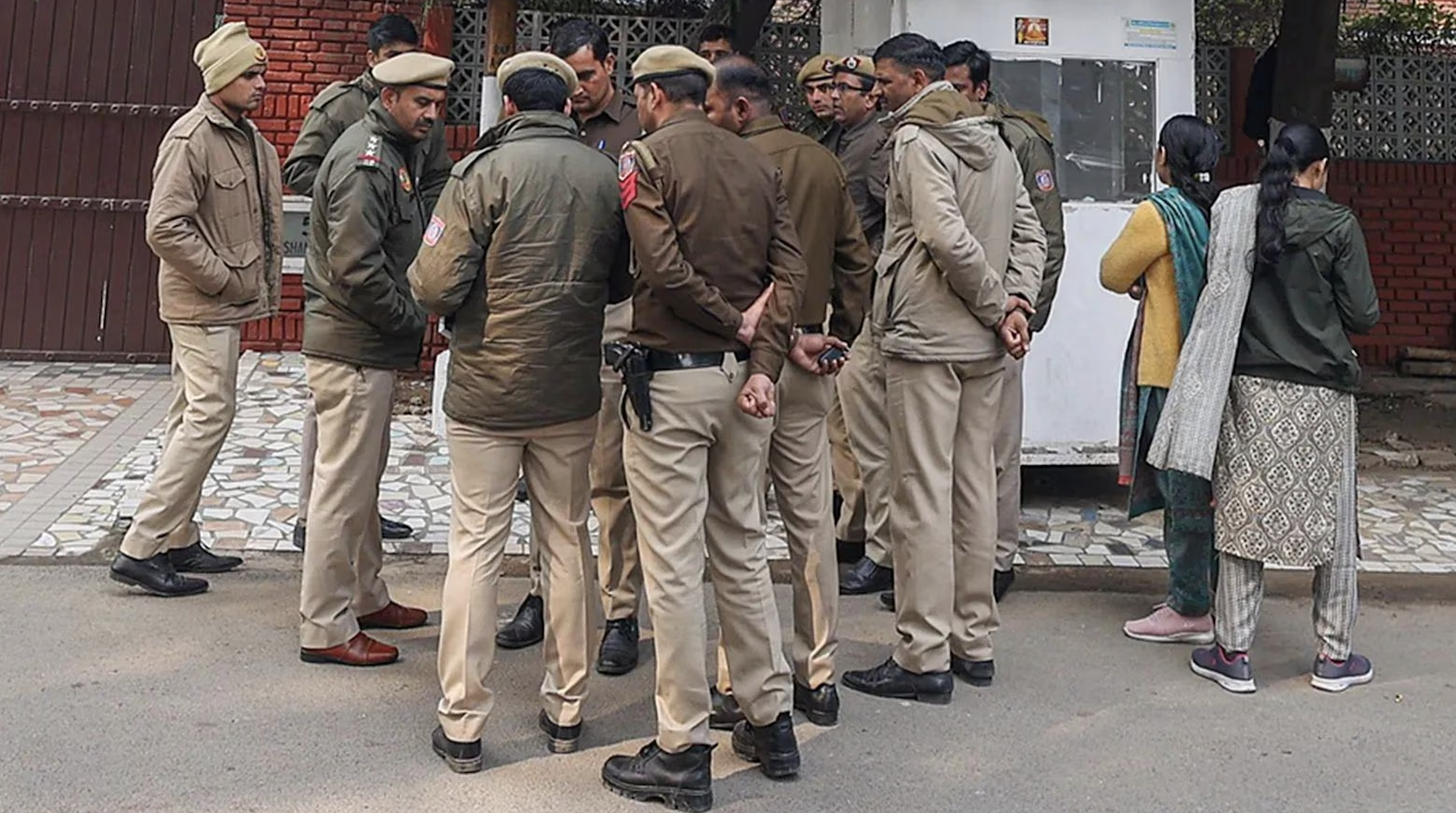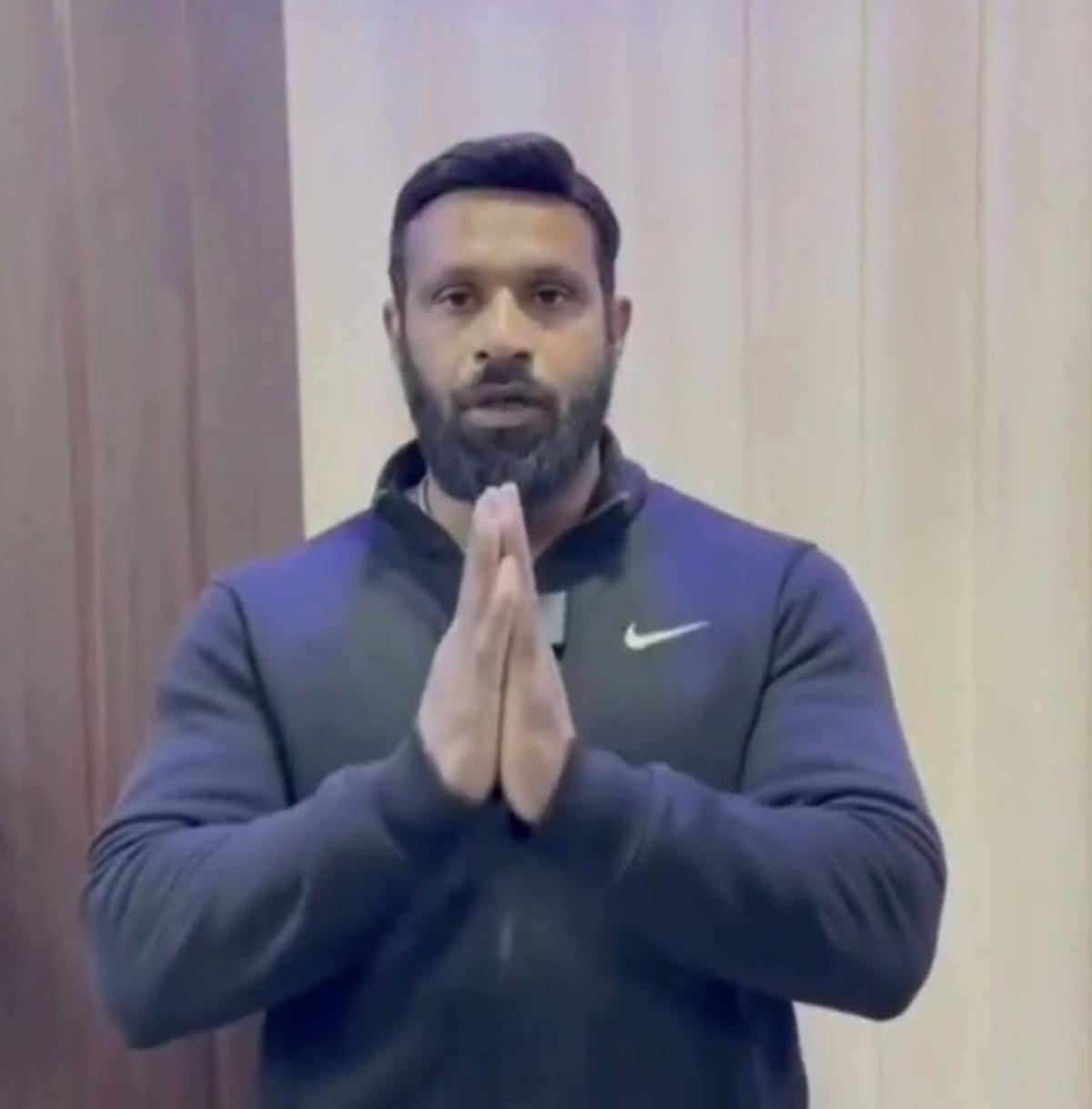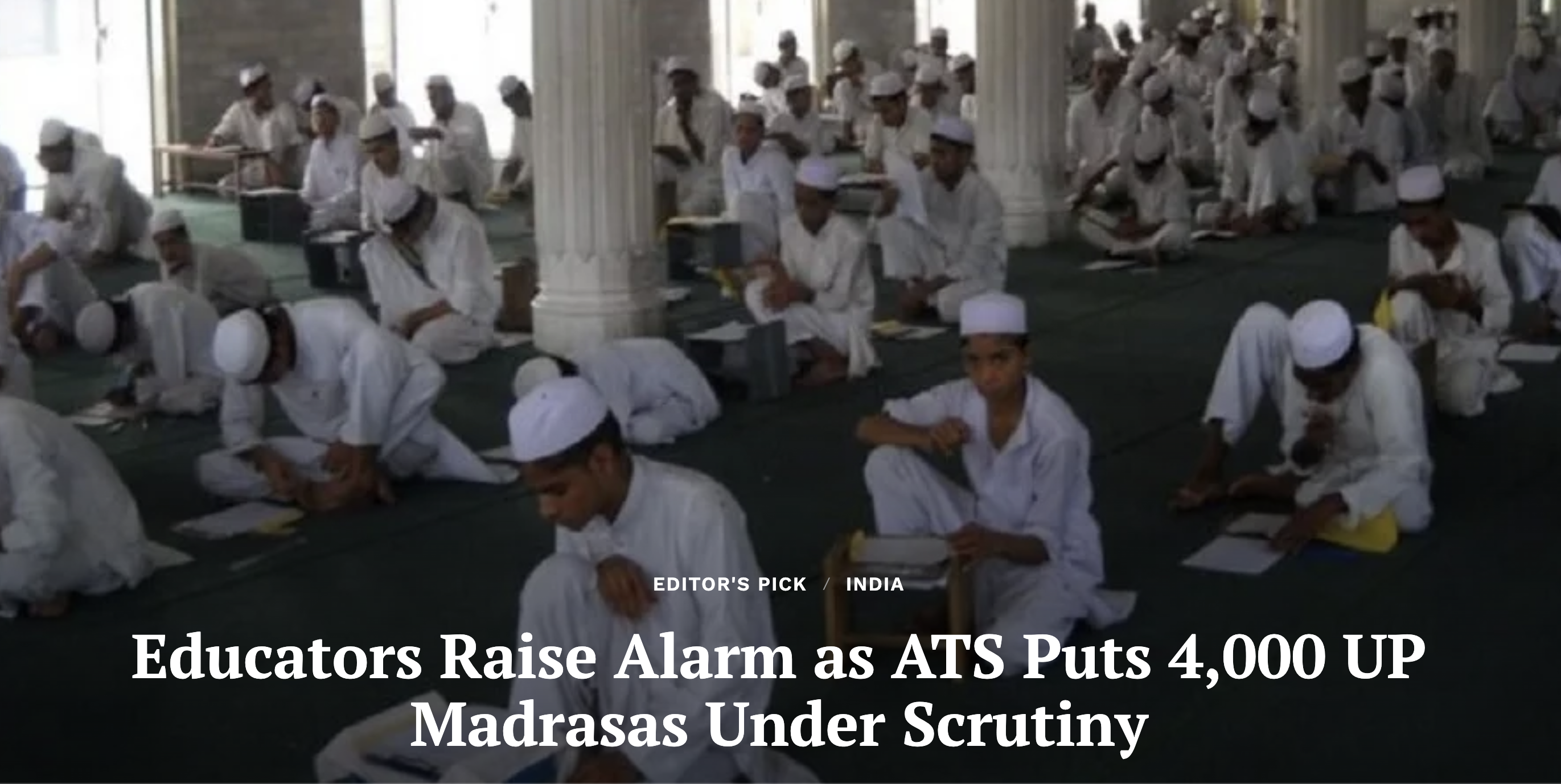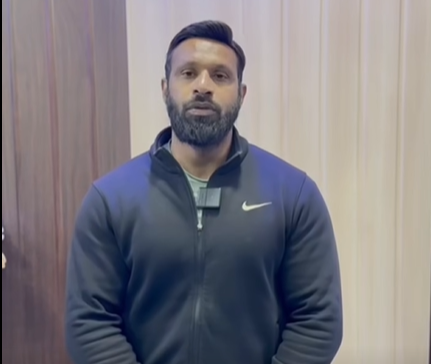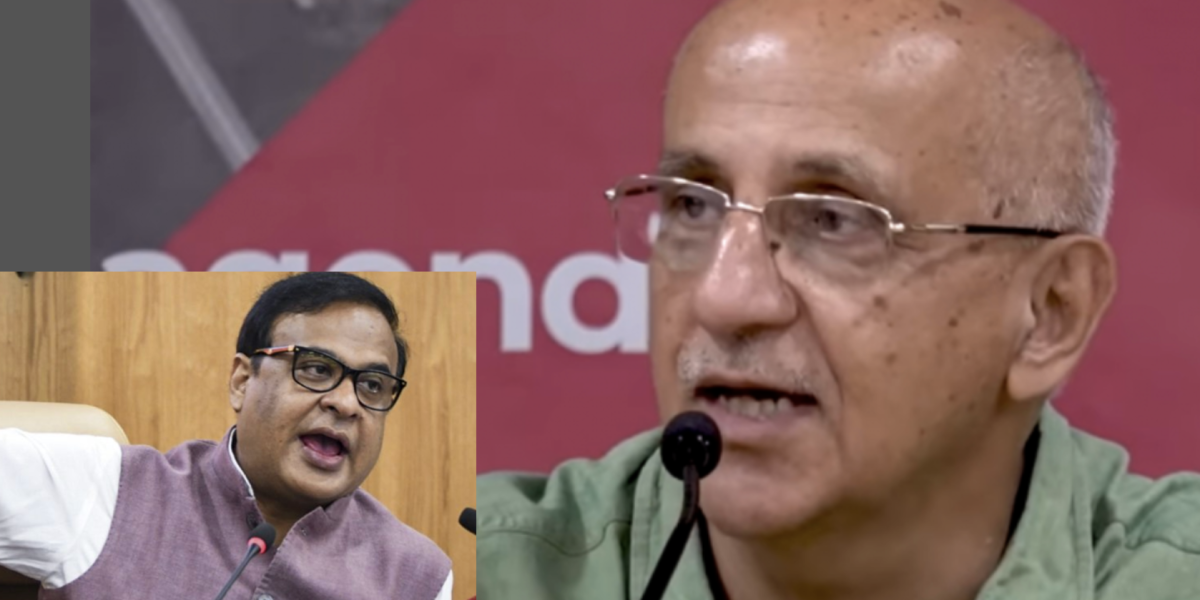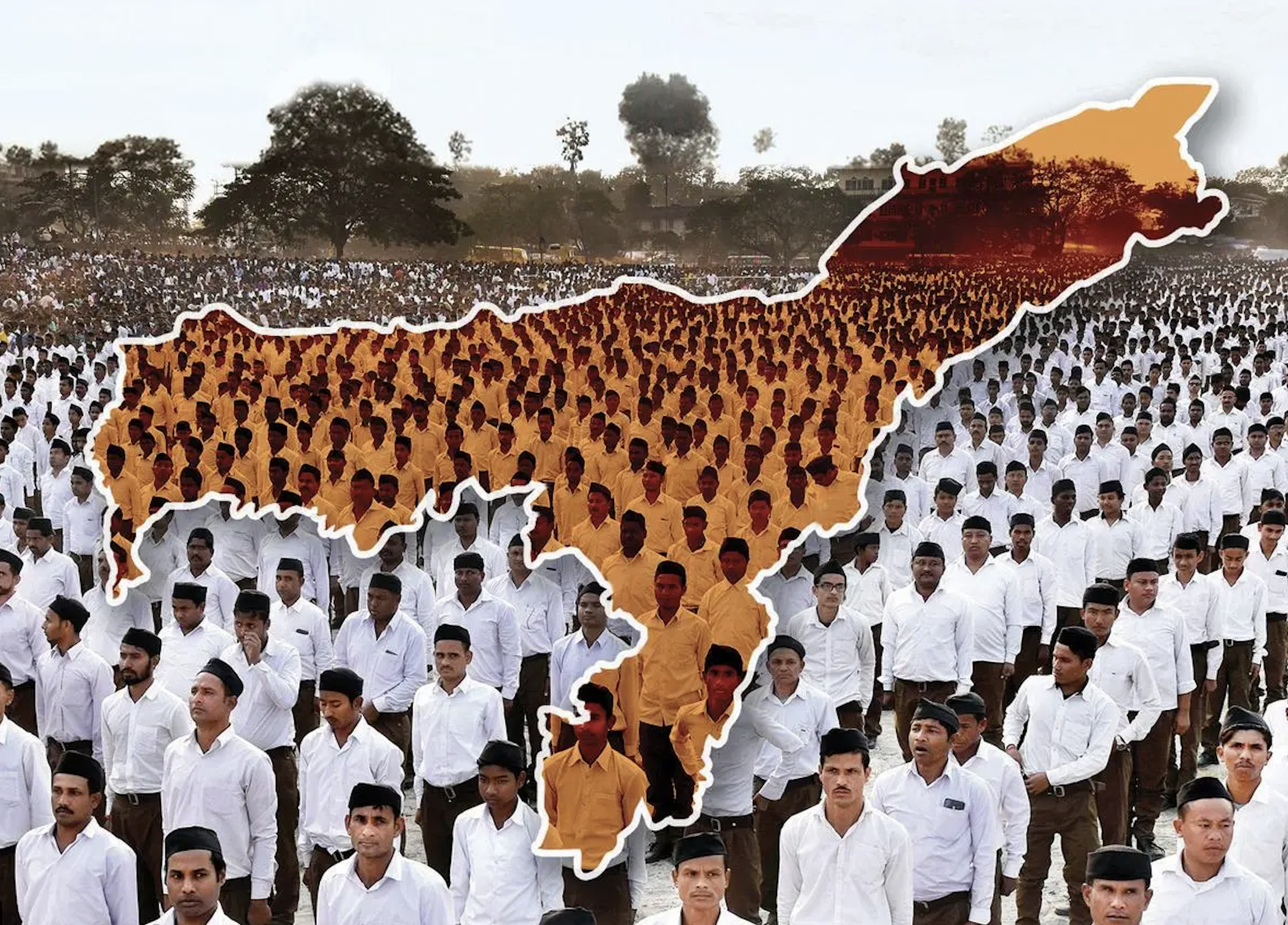
By Vaishna Roy
It was just months ago that the grave human tragedy unfolding in Manipur came to an uneasy pause, although violence, suspicion, and anger still punctuate the days and divide the people there. That tragedy was overseen and indeed accelerated by a partisan Chief Minister whose inaction in the face of the most brutal violence was ignored by the government at the Centre for almost two years before he was allowed to resign. Now, even before the blood has dried and the tears staunched, the neighbouring State of Assam is being shepherded by a similarly inclined Chief Minister into the same bottomless void of communalism and nativism, this time to service an election.
There is a certain admiration with which commentators speak of the BJP’s early preparations when it comes to elections, but often what one is admiring is the party’s ruthless quest for victory that sees no harm in destroying a land and its people for the win. In Assam, the Assembly election is roughly a year away, but the deadly game of prepping has already begun, exploiting Assam’s old history of targeting “aliens” that led to atrocities such as the Nellie massacre of 1983.
Using the terrorist attack in Pahalgam and the military action against Pakistan as fodder, the BJP moved quickly and under the guise of national security began an exercise to evict “foreigners” from the land. To nobody’s surprise, the “foreigners” are invariably Muslims, and States with BJP-led governments are rounding up even legitimate citizens with unbridled enthusiasm.
Ordinary people, egged on by that ugly new urban ulcer called the Residents Welfare Association, report on vegetable vendors or plumbers or auto drivers as being “suspicious” because they are Muslim. The police pick them up. They are handed over to the Border Security Force (BSF). The BSF pushes them across the border. There are no courts or laws involved at any stage. Some lucky ones manage to have their protests heard—three men picked up in Mumbai and pushed into Bangladesh were repatriated after one week. The majority, often rejected by Bangladesh too, languish in no man’s land or detention centres.
Another move that is likely to prove incendiary is the Assam government’s decision to grant arms licences to “original inhabitants and indigenous Indian citizens”. In Manipur, the government turned a blind eye to radicalised ultra-nationalist groups arming themselves like militias, often with weapons and ammunition conveniently stolen from police armouries. The resulting horrors that Manipur suffered are well-recorded, with Frontline doing two cover stories on the issue. If, despite this knowledge, a neighbouring State is choosing to arm civilians again, then the obvious conclusion is that it is doing so knowingly, that it wants to incite rage and violence.
Assam Chief Minister Himanta Biswa Sarma is a particularly outstanding figurehead on the Hindutva ship as it surges through the country, conquering all in its wake. Many of his speeches might be designated as hate speech if the Constitution and the law were to be consulted. With no such danger in sight, he marches on with his violently communal agenda. The RSS, as Greeshma Kuthar writes in this issue, has cunningly blended Hindutva with Axomiya nationalism to create a fount of insecurity in Assam, and the resentment that was once directed against all immigrants crossing over into Assam, both Hindu and Muslim, is now being honed against Muslim immigrants alone, regardless of how many generations have lived in India. The senior journalist Sushanta Talukdar reports from Guwahati about the maelstrom brewing in Assam, while the researcher Angshuman Chowdhury traces how the project of disenfranchisement that began six decades ago is being weaponised today.
It is a sad and ugly tale. But the demonising of fellow humans always is.
This story was originally published in frontline.thehindu.com.


